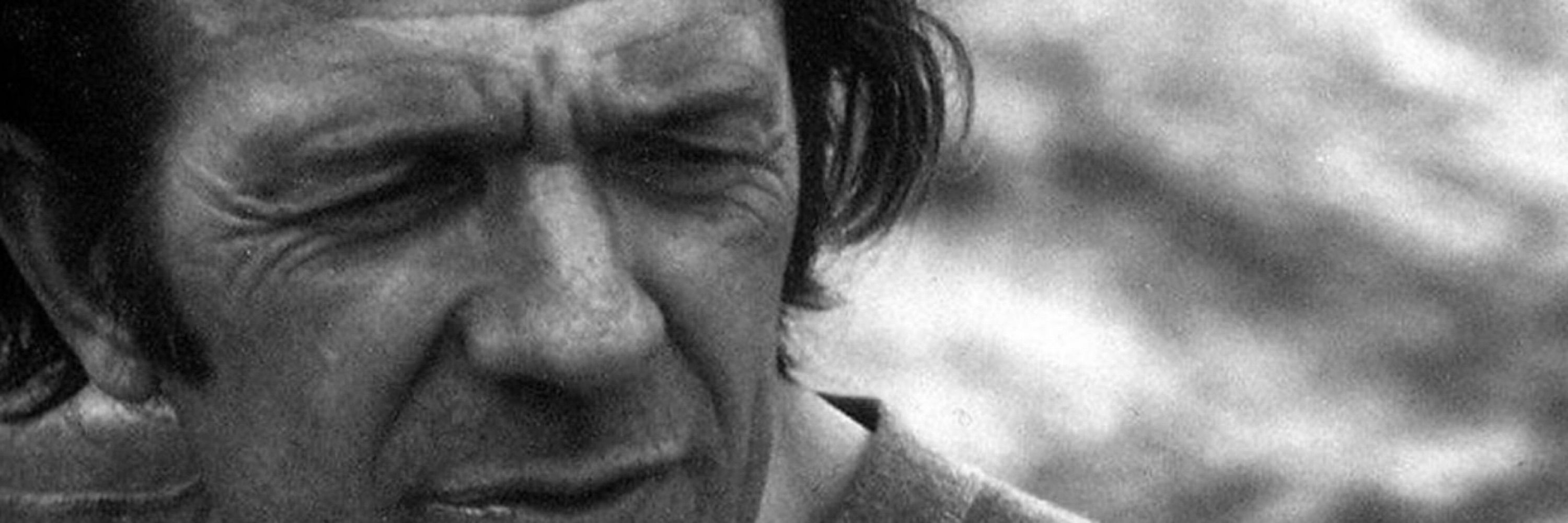Gilles Deleuze For You
@deleuzeforyou.bsky.social
1.7K followers
4.7K following
1.4K posts
The writings of Gilles Deleuze (1925-1995), French philosopher, pure metaphysician.
Posts
Media
Videos
Starter Packs

